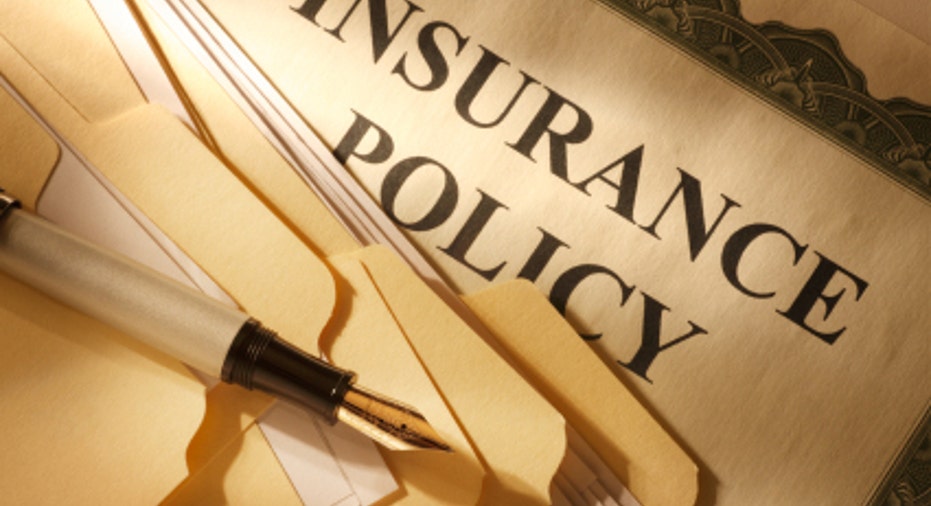Hang up Quick: The car Insurance Robocall Scam

Lucky you! You've been selected for lower car insurance rates due to a review of your driving record, or perhaps rate changes that have recently taken place in your ZIP code.
Just press 1 for more information.
If there is anything worse than a telemarketing robocall, it's a telemarketing robocall that's also a scam. Fraud alerts are popping up across the country as states from Washington to Delaware to Connecticut warn consumers to hang up on these digital pests.
The latest automated “offer” to surface is one presenting you with incredibly low auto insurance rates.
The phone rings (usually just when the kids finally quiet down). A creepily cheery synthetic voice tells you the good news. You bite. There is a small chance you might get transferred to a real person - just as this reporter in Seattle did earlier this month and fished for details - but typically you'll end up being directed to voicemail where you can leave your personal information.
But the scam isn't getting you to sign up for car insurance, it's getting your personal information.
The DMV doesn't share
“Once personal information is divulged, there is no telling what the scam artists will do with it,” Nevada's Attorney General's Office points outs. “These calls are almost impossible to track, and if they are discovered, many times the call originates from far outside the U.S.”
The Nevada Insurance Commissioner has warned Nevadans about such a scam circulating around that state that tells consumers that their ZIP code has been re-evaluated and they can qualify for lower insurance rates. If you fall for it and press 1 for more information, you are beckoned to leave a voicemail with your personal information.
Last week, the Delaware Division of Motor Vehicles offered a similar warning to its consumers about phone scams that offer a substantial rate reduction on auto insurance under the pretext that the DMV authorized the company to research their insurance history and call.
Delaware's fraud unit is currently investigating such cases.
Hang up. Hang up now.
As, I've told consumers, and my own kids, if sounds too good to be true, it probably is.
Don't believe any of it. Your state motor vehicle office has zero idea of what you pay for car insurance.
Don't believe that a car insurance company will seek you out unless you've been actively shopping for new coverage.
Don't believe someone calling out of the blue offering you a $250 policy when you know rates are normally $2,500 - it just doesn't add up. (See “Did you buy fake car insurance?”)
The best thing to do if you get a scam call is to:
- Hang up
- Block the number
- Report the call by filing a complaint with the Do Not Call registry.
Robocalls aren't just annoying; they've basically been banned by the Federal Trade Commission (FTC) -- with fines of $16,000 per illegal call. And the battle continues: The FTC just announced the winners of its $50,000 “Robocall Challenge” to find new ways to block unwanted calls.
Until then, you'll have to find cheaper car insurance the old-fashioned way, by comparison-shopping on the Internet or actually talking to an agent or two.
And even then always check up on the company you're buying from by verifying they're legit with your state's insurance regulator.
The original article can be found at CarInsurance.com:Hang up quick: The car insurance robocall scam



















